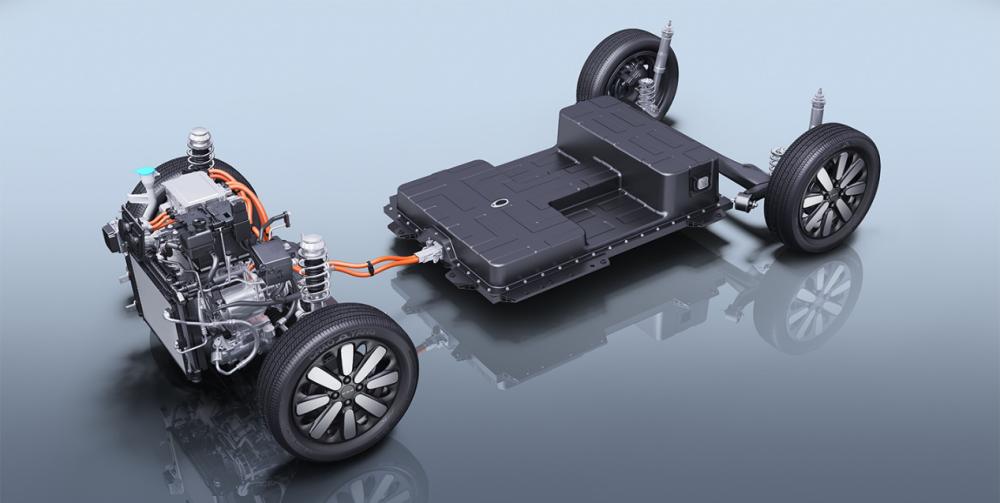The global new energy vehicle battery market has been divided between China, Japan and South Korea, of which China and South Korea are the most fiercely competitive. In the Chinese team, Ningde Times, BYD, AVIC Lithium Battery, Guoxuan Hi-Tech, Envision Group, and Hive Energy entered the top ten of global batteries. There are three in South Korea, which are LG, SK, and Samsung. The only company in Japan is Panasonic.

According to SNE Research 3 data, the total battery energy of electric passenger cars (including BEV, PHEV, HEV, excluding commercial vehicles) in the world from January to November 2021 was 231.2GHW, an increase of 2.2 times (120.9% growth rate). With little change in the market in December, industry insiders learned that the electric vehicle battery market more than doubled last year.
China's CATL era is among the best in the industry. As of November last year, CATL's global installed capacity for electric passenger cars totaled 67.1 GWH, up 237.6% from the same period in 2020. The market share reached 29.0%.
Six Chinese battery manufacturers, including CATL, BYD (20.9GWH, 4th, share 9.0%), AVIC Lithium Battery (6.8GWH, 7th, 2.9%) and Guoxuan Hi-Tech (4.3GWH, 8th, share 1.9%) have all made significant progress in the battery market, entering the Top 10.
With the exception of China, the growth rate of Korean companies is close to or below the market average. Affected by this, the market share of the three major Korean companies has declined slightly.
From January to November last year, LG Energy Solutions supplied 67.1 GWh of batteries, ranking second in the industry. The growth rate was 90.6%, and the market share was 22.2%, down 3.5 percentage points from the previous year.
SK On's battery usage is 13.1 GWH, ranking fifth. The growth rate was 123.2%, the highest among major domestic battery manufacturers. The market share was 5.7%, down 0.1 percentage points from the previous year. Samsung SDI offers 11.1 GWH, ranking sixth in the world. The growth rate was 61.4%, and the market share fell by 1.8% to 4.8%.
South Korean battery industry sources said, "As of November 1-8, the cumulative ranking, even on an annual basis, is very likely that it will not change in 2021." As the offensive is expected to intensify, how to overcome these difficulties is the key to observe the low-power automotive battery market in 2022. ”
Judging from the rise and fall of battery supply, Chinese companies occupy a dominant position and will not be surpassed by Korean and Japanese companies in a short period of time. This is mainly because the battery suppliers of various countries are mainly used by local enterprises in various countries, such as Hyundai, Kia mostly use LG, SK, Samsung batteries. The automobile companies in Japan and South Korea are much smaller than the domestic automobile companies, both in terms of the scale and sales of new energy vehicles.
However, Chinese companies should not take it lightly. On the one hand, auto giants like Volkswagen and Toyota have begun to develop batteries independently and do not want to be stuck in the neck by battery suppliers. And like solid-state batteries, various companies are also working hard to develop, who first developed the next generation of batteries, who can have a greater advantage.
On the other hand, new energy vehicles in the United States are on the rise, and auto giants such as GM and Ford have developed very close cooperation with Korean companies. Chinese companies are mainly in the domestic market and the European market, so Korean battery companies are likely to rise again in the future.
In November 2021, global electric vehicle battery usage was 30.6 GWH, up 91.9% year-on-year. The size of the electric vehicle battery market has continued to grow for 11 consecutive months.